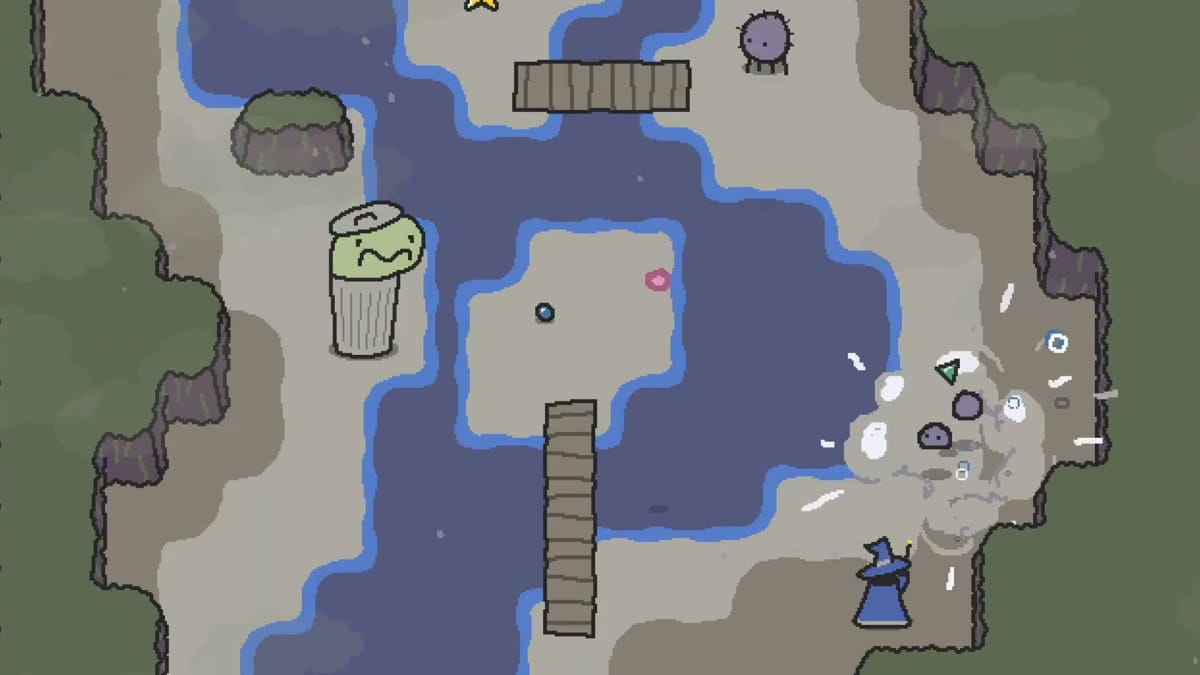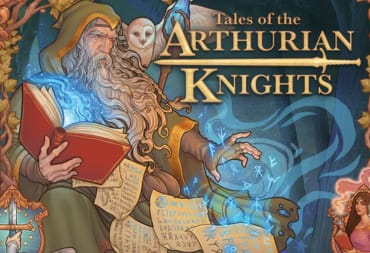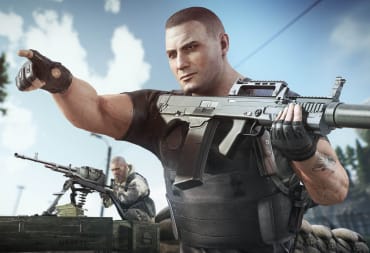Scrabdackle's indie developer "jakefriend" has detailed a publishing contract he was offered that could have resulted in him owing the publisher hundreds of thousands of dollars.
Many indie developers make their games on their own, but some opt to get some financial and logistical help from a publisher. Naturally, getting any kind of assistance like that will involve signing a contract that lays out the obligations of both the indie developer and the company.
Enter jakefriend, developer of the upcoming game Scrabdackle. This game is the product of a successful Kickstarter and jakefriend ended up exploring options for securing additional funding through a publisher. An unnamed publisher actually ended up reaching out to him, but the offer jakefriend has described was so terrible that he took to Twitter to explain in great detail just how bad it is.

A Bad Deal for Scrabdackle's Indie Developer jakefriend
jakefriend declined to name the publisher who offered to work with him for Scrabdackle. Based on what he's said about this contract, it looks like it would have been a terrible deal for any indie developer.
Let's start with establishing a basic framework. Game publishing contracts vary, but they will typically cover several aspects. The indie developer is usually obligated to actually develop the game, hit certain "milestones" of progress at certain times, and make a certain amount of sales. The publisher, on the other hand, will typically have to provide specified material support (including funding and/or any logistical support) and pay the developer a share of the sales.
"It's the industry that's failing devs, not any one company." – Scrabdackle developer 'jakefriend'
If either side of this business arrangement fails to live up to its responsibilities, that party is in "breach of contract" and would likely have to resolve the problem through a penalty process outlined in the contract. This is the part that jakefriend opened with, and it's pretty awful overall.
As he explains on Twitter, breaching the contract as an indie developer would have the following penalties applied:
- The publisher keeps the right to sell the game.
- The indie developer loses their royalties, so the publisher keeps 100% of the revenue.
- The indie developer has to pay back all of the money the publisher gave to them.
- The indie developer has to pay "all development costs yet to come" in order to finish the game, with no specific definition of the cost or a time limit on this period.
jakefriend declined to provide precise numbers, but he estimates that breaching the contract would end up putting him anywhere from $250,000–$500,000 in debt. Even worse, he says that breaching the contract as an indie developer is "really easy to trigger" — the publisher could practically cut him off and cost him a ton of money at any time.
What about the publisher's responsibilities, though? jakefriend says that this comes down to "maybe 5 vague sentences that they must only try their "reasonable best" to do... any part of their entire job."
Furthermore, actually getting the money he's owed after the initial sum would be a challenge. The unnamed publisher doesn't have to start paying him his share until 30 days after the end of the quarter; that means that he might not get the money he's owed until roughly four months after the due date. He would also be subject to a 50/50 revenue split, and he wouldn't get any additional income until approximately 24,000 copies of his game have been sold.
jakefriend says that the publisher expressed surprise that he objected to the contract, especially because "top lawyers in the industry wrote it." It does sound like a pretty bad deal overall, but that's not the worst thing: apparently, there has been more than one indie developer who has actually taken this deal.
Scrabdackle is an upcoming action-adventure game that was successfully funded on Kickstarter back in April 2021.
Any indie developer would be wary of signing something like this, but not everyone might take the time to carefully consider their options. To that end, jakefriend has some advice for other game developers:
"If you're reading this hoping to find a publisher to take your small project to the next level: Get the contract. READ the contract. Skip to the terms of termination and check what happens if something goes wrong," jakefriend said on Twitter.
"Check how often and how quickly you get paid, and what visibility you have into the accounting process," he continued. "Check how disagreements are resolved, and what triggers penalization. Check that they actually have to launch your game. CHECK."
"No matter what you're told conversationally, and regardless of if the people you're speaking with mean well (which they probably do), the legal terms are the ONLY guarantees you have as to how the business has to treat you - and a business will never put you first in a pinch."
We've reached out to jakefriend to learn more details about this contract. If you know an indie dev who has signed the publishing contract explained by jakefriend (or a similarly bad one), let us know by reaching out to tips@techraptor.net.
So, what happens with Scrabdackle? The Kickstarter project anticipates that the game will be launching in February 2022; for now, you can play the Scrabdackle demo on Itch.io. Odds are, though, it won't be coming out with the help of a publisher — at least, not the one who's offered up these terrible terms.
"You are a person. They are a business. Don't capitulate and don't indebt yourself," jakefriend concluded.
"Me, I'm going to make the damn game anyways, you know?"
What do you think of the publishing contract described by indie developer jakefriend? What do you think of Scrabdackle? Let us know in the comments below!






